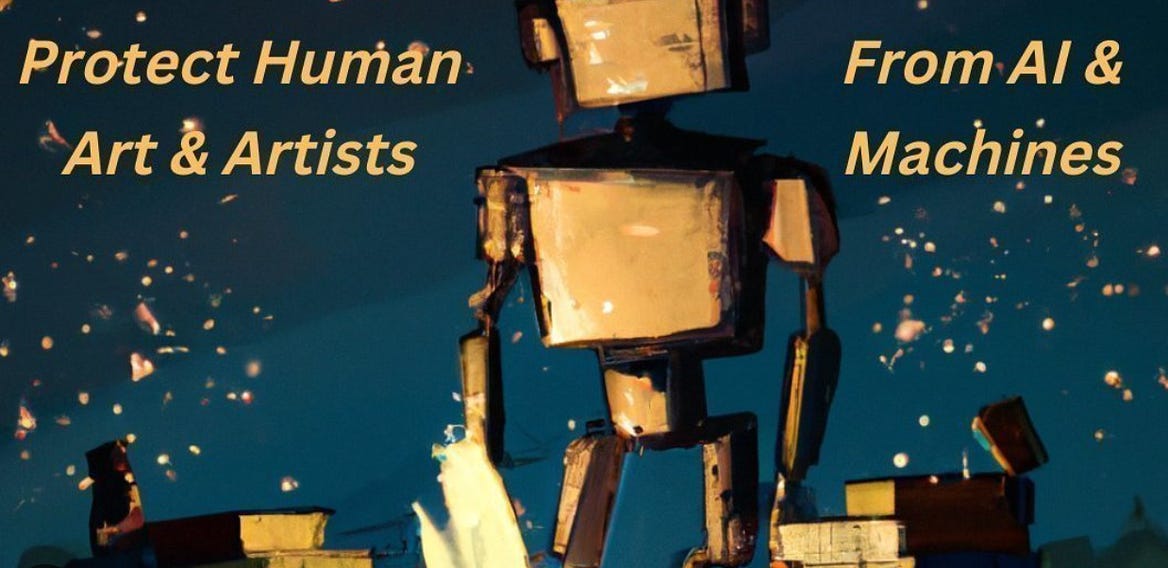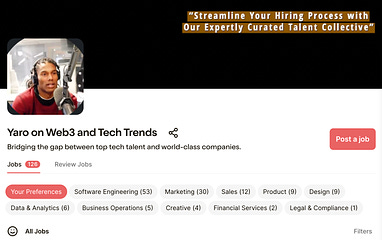Subscribe this month and get 15% offInvite family and friends and earn 💰 when they join. Contents:
✉️ Letter to Pause Giant AI experimentsIs it a strategy to catch up with those companies left behind or a genuine petition? The Future of Life Institute whose mission is to steer transformative technologies away from extreme, large-scale risks and towards benefiting life, has released an open letter calling on all AI labs to immediately pause for at least 6 months the training of AI systems more powerful than GPT-4. This letter has been signed by over 1500 researchers, tech entrepreneurs, inventors, and many others. The letter raises concerns about the risks associated with AI systems that possess human-level intelligence, citing the Asilomar AI Principles' emphasis on the transformative potential of advanced AI and the need for careful planning. Despite this, AI labs are racing to develop powerful AI systems that are hard to control. The letter questions the ethical and societal impact of AI, such as AI-generated propaganda, job automation, and the potential for AI to outsmart humans. It asserts that these decisions should not be left to unelected tech leaders and calls for a pause in training AI systems more powerful than GPT-4 for at least 6 months. The pause aims to allow AI labs and experts to develop safety protocols for AI development, ensuring safety and avoiding unpredictable AI models with emergent capabilities. It advocates for improving current AI systems' safety, interpretability, and robustness, and calls for collaboration to create AI governance systems, including regulatory authorities, oversight, and liability measures. The call for a temporary halt has sparked a significant debate in the tech industry. Proponents of continued AI development, like Andrew NG, Co-Founder of Coursera, Stanford CS adjunct facultym and former head of Baidu AI Group/Google Brain, argue that these Utopian advancements have the potential to revolutionize various aspects of society, including education, healthcare, and work life, by providing applications that offer exponential improvements. Conversely, critics of unchecked AI development express deep concern about its potential to cause irreparable harm, potentially leading to the ultimate destruction of humanity. As a result, this contentious issue has generated diverging viewpoints on the responsible and ethical trajectory of AI innovation. Subscribe now to receive all our newsletters, access to our community, and all AI tools.  1/The call for a 6 month moratorium on making AI progress beyond GPT-4 is a terrible idea. I'm seeing many new applications in education, healthcare, food, ... that'll help many people. Improving GPT-4 will help. Lets balance the huge value AI is creating vs. realistic risks.
🧰 AI Tools of the week - Email Assistants Edition
🔧 AI is about to revolutionize the economyWe need to decide what that looks like. MIT has released an interesting article on the AI gold rush as businesses seek to profit from generative models. While ChatGPT offers automation capabilities in creative tasks, concerns arise about job displacement, economic inequality, and productivity. Society now faces the pivotal decision of using AI to empower workers and promote shared prosperity or risk exacerbating inequality through automation-driven job cuts. 🩸 The brAIn drAIn has startedGoogle is facing a strategic challenge in the AI arena, as it grapples with both defensive measures and talent retention. A growing number of prominent AI researchers are departing to pursue entrepreneurial endeavors or join rival firms where their contributions have greater influence. Among the notable exits are Daniel De Freitas and Noam Shazeer, key researchers behind Google's large language model LaMDA, who expressed frustration with Google's reluctance to launch a chatbot akin to ChatGPT, as reported by The Wall Street Journal. The trend of defections is gaining momentum, signaling a potential shift in the competitive landscape of AI innovation. 💰 How to Make Money using AI"Transforming complex concepts into digestible content for children can be a challenging task. Use ChatGPT to simplify complicated topics for users by providing explanations as if the user were a 5-year-old. Use the prompt 'Explain [complex topic] like I'm 5 years old,' and you will receive a straightforward and easy-to-follow response that demystifies the complexity of the topic. Use this capability to create children's books (or educational videos) that effectively break down and elucidate intricate subjects. To create the images and/or video for your project, check these AI tools. ⚙️ Are you looking for a role in an elite company?You’re a free subscriber to Yaro’s Newsletter. For the full experience, become a paying subscriber.
or Send us some ₿ bit-love if you are partial to it: bc1qgq2ld68t0pz4m5z0zprzlvq2gnu2kzaqwhjcax or a One-time donation: We have created our SLACK Channel for all of us to meet and share about tech trends, web3, and meet in person in our respected cities. Access will be free for the first 2 months, then for paid subscribers only. Perks 👊
|
Thursday, March 30, 2023
🤔 Is AI Utopian or Dystopian?
Subscribe to:
Post Comments (Atom)




No comments:
Post a Comment